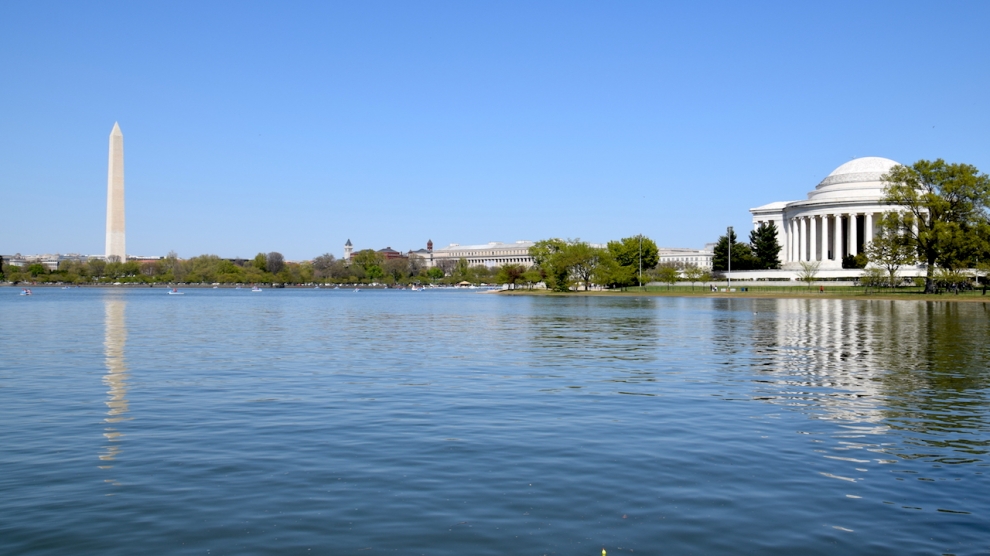Political and economic relations between the United States and Belarus are enjoying a resurgence. Ten years ago political relations between our two countries were strained and economic relations were not what they might have been. Ten years on, American companies are now doing business in and with Belarus, at record levels and, hopefully, this is just the beginning.
Ten years ago, Belarus decided to invest in its people. With its lack of many natural resources, Belarus turned instead its greatest asset. It turns out that if you give a smart and motivated student in Belarus a computer and a chair, you can create a world-class computer programmer. Today, the more than 40,000 software developers in Belarus have helped Belarus to export more than $815 million in IT services, an increase of 18.5 per cent from the year before. Nearly half of those services were provided at the request, and for the benefit, of US companies. This is pretty impressive for a country of only 9.5 million people.
Belarusians also love American brands. If you were to visit Belarus today, you could have breakfast at McDonalds, lunch at Burger King and dinner at TGI Fridays. You could visit a plant where Chevrolet Tahoes and Cadillac Escalades are assembled. You can wash it all down with a Coke and smile – it’s bottled locally, right there in Belarus. The Marriott now has two branded hotels in Minsk and soon the Hilton chain will have two as well.
So far, most of the above-mentioned American brands were introduced to Belarus by third country investors who licensed those brands for use in Belarus, but that is changing. Today, American investors are increasingly making direct investments in Belarus; everything from research and development centres to manufacturing facilities to the construction of shopping malls.
Belarus is located in the heart of Europe between Russia and the European Union and is a member of the newly created Eurasian Economic Union (EEU) together with Russia, Kazakhstan, Kyrgyzstan and Armenia. This means that because it is built in Belarus, it can be sold duty-free within the EEU. If you want to put Belarus’ place in the EEU in context it is helpful to make an analogy to the North American Free Trade Agreement (NAFTA). Making an investment in Belarus today with its easy proximity to the European Union is the same as making an investment in Canada during the early days of NAFTA, but with the Mexican labour costs.
As American interest and investment in Belarus grows, the Belarus US Business Council is working with the Belarusian government to increase and improve the conditions for foreign investment. In 2014, we celebrated the first ever Belarus Investment Forum in the commercial capital of the United States, New York City, and that is only the beginning.
American companies and investors are increasingly looking towards Belarus for its talented people and its geographical opportunities. The investment incentives that are provided by the Government are also helping to stimulate and increase these types of new and continued investment which is also creating opportunities for newly created industries and projects to grow and thrive.
Increased opportunities to obtain international financing and capital from international financial institutions will also have a multiplying effect on new and existing investment projects in Belarus. We have made a good beginning and we have built a good foundation for new investment opportunities, such as these. American, and other, investors should seek to be part of this new resurgence, in US-Belarus economic relations.
_______________
The views expressed in this opinion editorial are the author’s own and do not necessarily reflect Emerging Europe’s editorial policy.






Add Comment